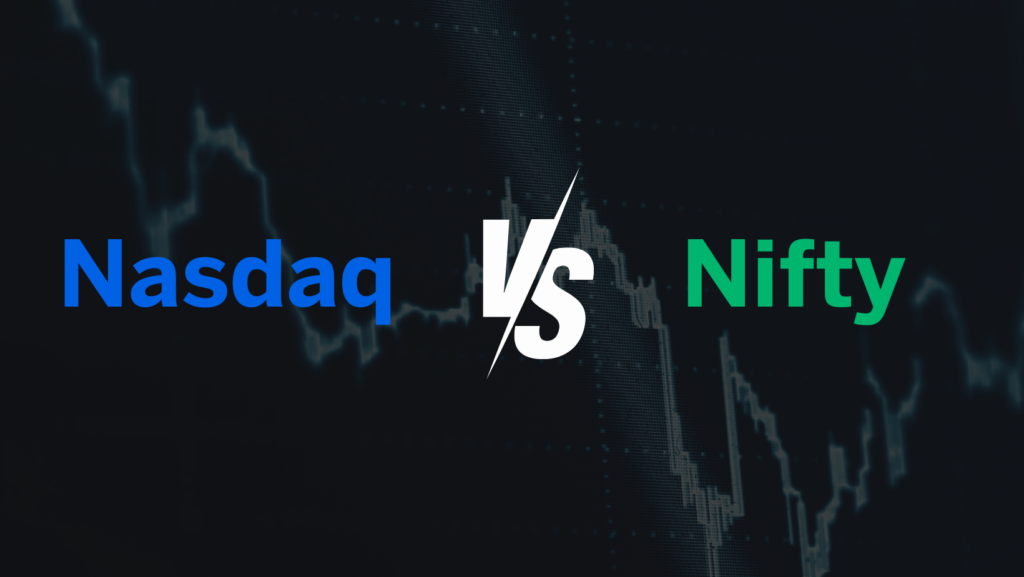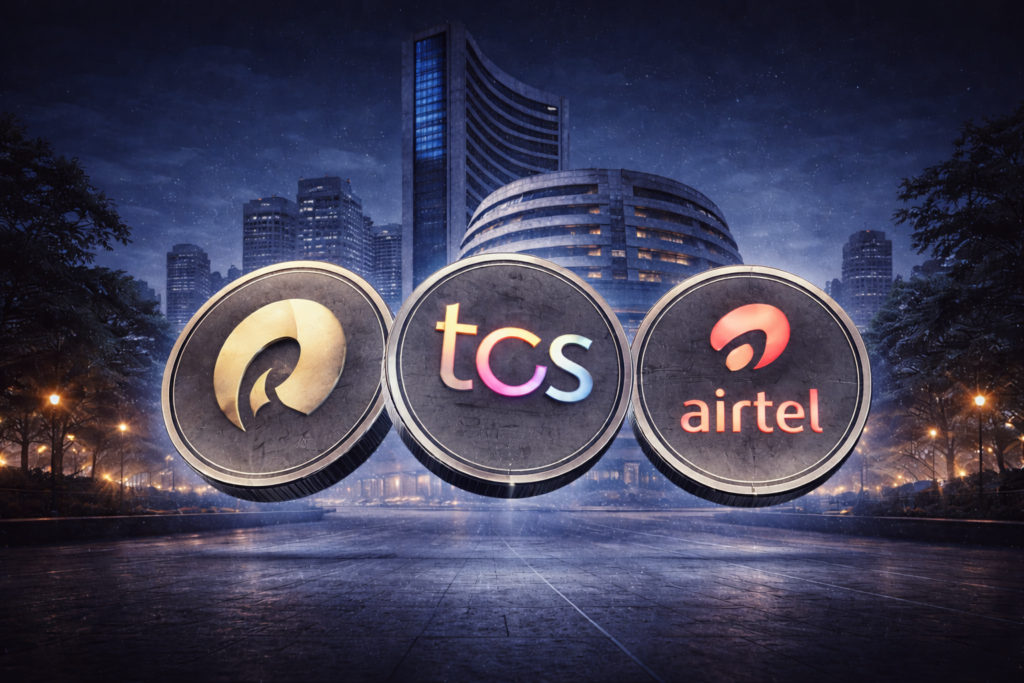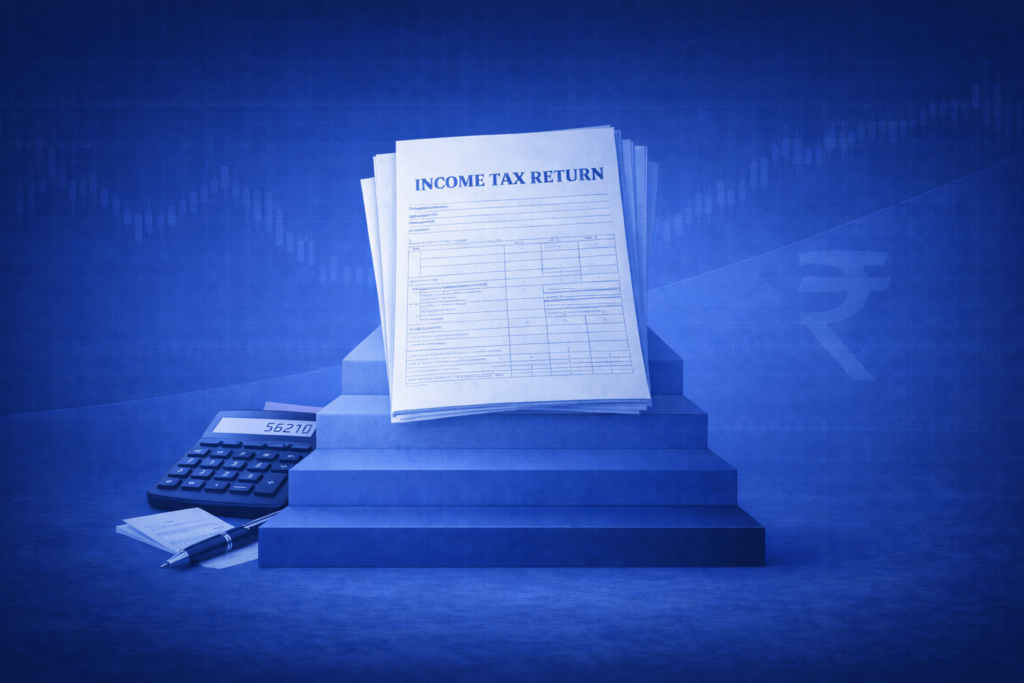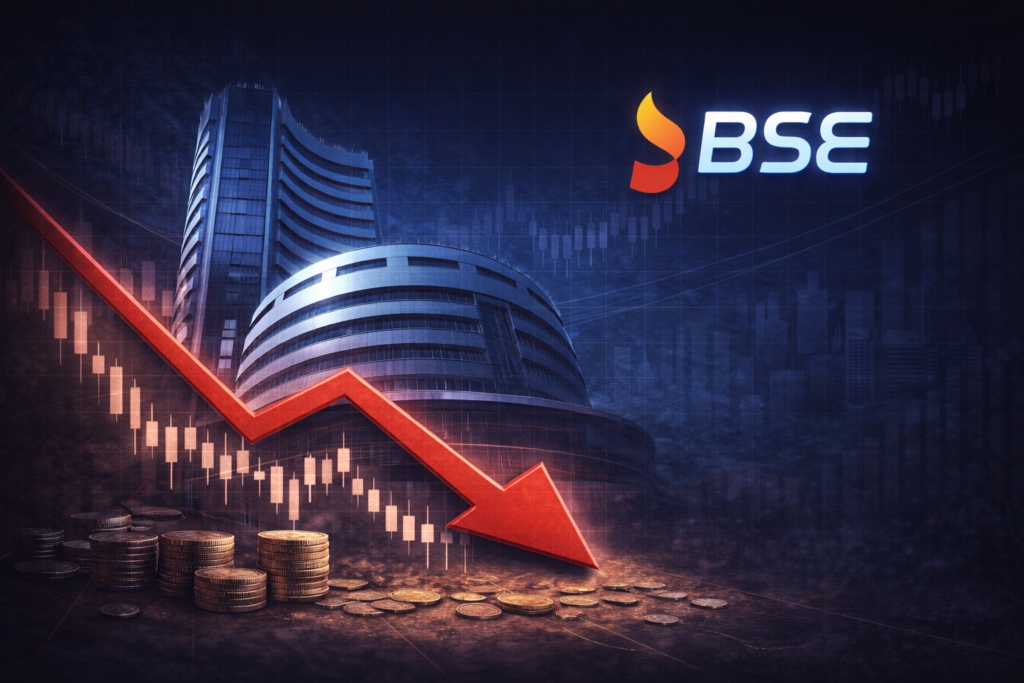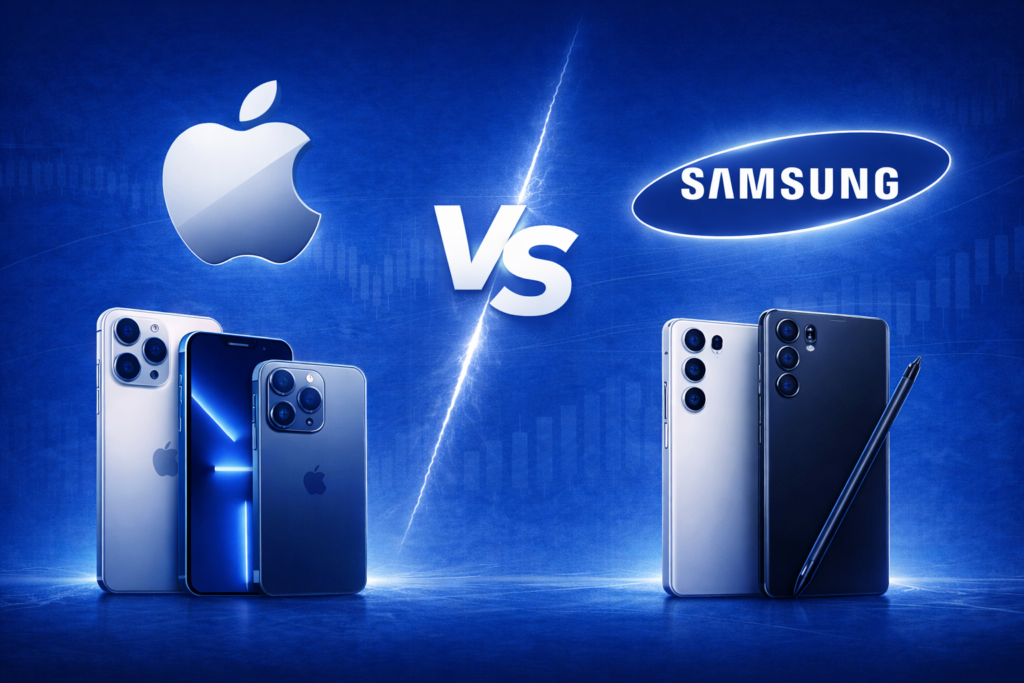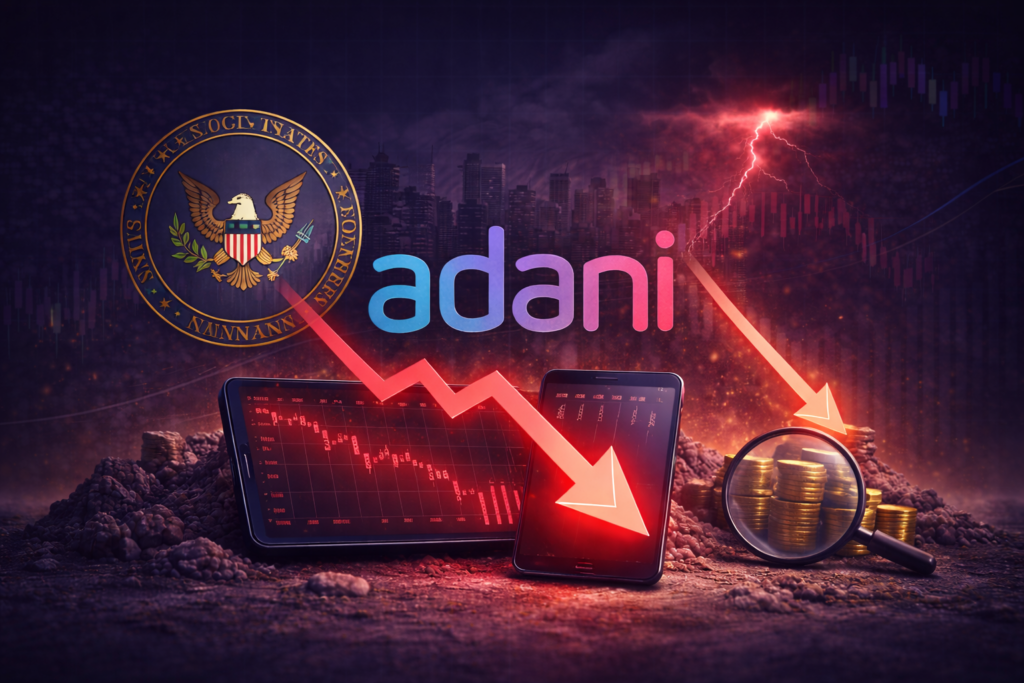Have you ever wondered how the major stock indices around the globe stack up against each other? Among different indices, the Nasdaq and the Nifty stand out as leading indicators of their respective economies’ health and investment potential.
The Nasdaq’s ten-year return of 17.7% outperformed the Nifty’s 13.8%, presenting a dilemma for investors between tech-heavy portfolios and a mix of sectors. Both indices include technology companies, stable industries, and financial services.
However, returns aren’t the only consideration – market volatility, diversity of sectors, and international economic ties also significantly influence investment decisions.
Dive into how the Nasdaq and Nifty compare, exploring their performance and characteristics to determine the best fit for your investment approach.
What is the Nasdaq?
The Nasdaq, or National Association of Securities Dealers Automated Quotations, isn’t just a name—it’s a whole stock market known for hosting technology and innovative companies from around the globe.
This market has a specific index called the Nasdaq Composite Index, which tracks the performance of all the stocks listed on the Nasdaq stock market.
It’s famous for being heavily weighted towards tech giants like Apple, Meta, and Alphabet, which together make up about 60% of this index. Essentially, the Nasdaq is where you find these companies’ stocks, and the Nasdaq Composite Index gives you an idea of how well they, along with hundreds of others, are doing overall.
How Does Nasdaq Work?
- Electronic Trading: Nasdaq’s electronic trading platform enables instant execution of trades, making it a favorite among technology-driven investors.
- Market Makers: Market makers are vital participants in the Nasdaq, acting as intermediaries to ensure there’s always a buyer for every seller. They do this by constantly quoting both buy and sell prices, thus maintaining liquidity and helping the market function smoothly.
- Bid-ask Spread: This represents the difference between the highest price a buyer is willing to pay (bid) and the lowest price a seller is willing to accept (ask), a critical factor in the fluidity of stock transactions.
- Listing Requirements: Companies aspiring to list on the Nasdaq must meet stringent financial, regulatory, and corporate governance standards, ensuring that only viable entities make it to the market.
- Trading Hours: The Nasdaq’s trading hours cater to a global investor base, facilitating transactions across different time zones.
What is Nifty?
Nifty, also known as Nifty 50, is a stock market index representing the performance of the top 50 companies by market cap listed on the National Stock Exchange of India (NSE). It gives a snapshot of how well these companies are doing.
Besides the main Nifty 50, there are other Nifty indices like Nifty IT, Nifty Bank, and Nifty Pharma, each focusing on specific sectors. This helps investors interested in those sectors specifically.
How is the NIFTY Index Calculated?
Nifty uses a method called the free-float market capitalisation-give method. This means the index’s value is influenced by the stock prices of the companies and the number of shares available for trading.
If Company A has a free-float market capitalisation of ₹10 billion and the total market capitalisation of all Nifty companies is ₹1 trillion, then Company A’s weight in the index is 1%.
How Can You Invest in the Nifty 50?
Investing in Nifty 50 can be done through mutual funds or Exchange Traded Funds (ETFs) that track the Nifty 50 index. This means you’re essentially investing in the top 50 companies of NSE at once.
Nasdaq vs Nifty: A Comparative Parameter
| Parameter | Nasdaq | Nifty |
| Year-Wise Returns Perspective (Last 10 Years) | 17.7% (23% in rupee terms) | 13.8% (in rupee terms) |
| Index | 100 companies, top-heavy with top 10% having 55% weightage | 50 companies, top 10% constitute 39% of the index |
Remember, investing in either of these indices should be based on a thorough understanding of your financial goals, risk tolerance, and market conditions. It’s also beneficial to diversify and not rely solely on one index or market for investment.
Final Thoughts
“An investment in knowledge pays the best interest.” – Benjamin Franklin.
Understanding the basics of Nifty and how it operates is crucial for anyone looking to invest in the Indian stock market. For those looking to face these investment waters, considering Appreciate trading app might be a wise move.
We can offer not just the tools for investment but also insights and advice tailored to your financial journey, helping you to make decisions that align with your objectives
FAQs
1. Does Nifty depend on Nasdaq?
No, Nifty does not depend on Nasdaq directly. However, global market trends, including those on Nasdaq, can influence investor sentiment and thus impact Nifty indirectly.
2. Does Nasdaq influence Nifty?
Yes, Nasdaq can influence Nifty indirectly through global market sentiments or movements in technology stocks, given that tech companies have a significant presence on both indices.
3. What controls Nifty?
Nifty is controlled by market movements in the stocks of the 50 companies it represents. These movements are influenced by company performance, economic indicators, and global market trends.
4. Why do companies choose Nasdaq?
Companies choose Nasdaq for its advanced trading technology, global visibility, and flexible listing requirements, especially appealing to technology and growth-oriented companies.
5. Why is it called Nasdaq?
Nasdaq stands for the National Association of Securities Dealers Automated Quotations. It was named for its original function as the world’s first electronic stock market.
6. What type of trading is Nasdaq?
Nasdaq is known for electronic trading. It facilitates trading in stocks, options, and various financial securities without a physical trading floor.
7. Which stocks affect the Nifty most?
Stocks with the highest free-float market capitalisation in the Nifty 50 affect the index the most. These often include major companies in technology, financials, and consumer goods.
Read More
Best Semiconductor Stocks in India
Best Green Hydrogen Stocks in India
How to Buy Apple Shares in India
How to Buy Amazon Shares from India
How to Buy Google Shares from India
How to Buy Microsoft Shares from India
How to Buy Tesla Shares in India
How to Buy McDonald’s Shares in India

